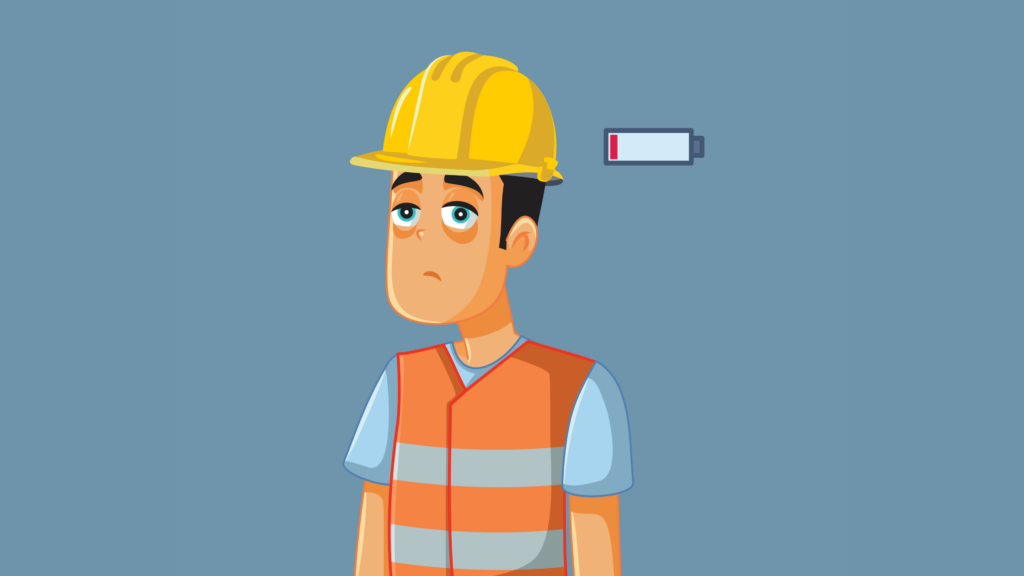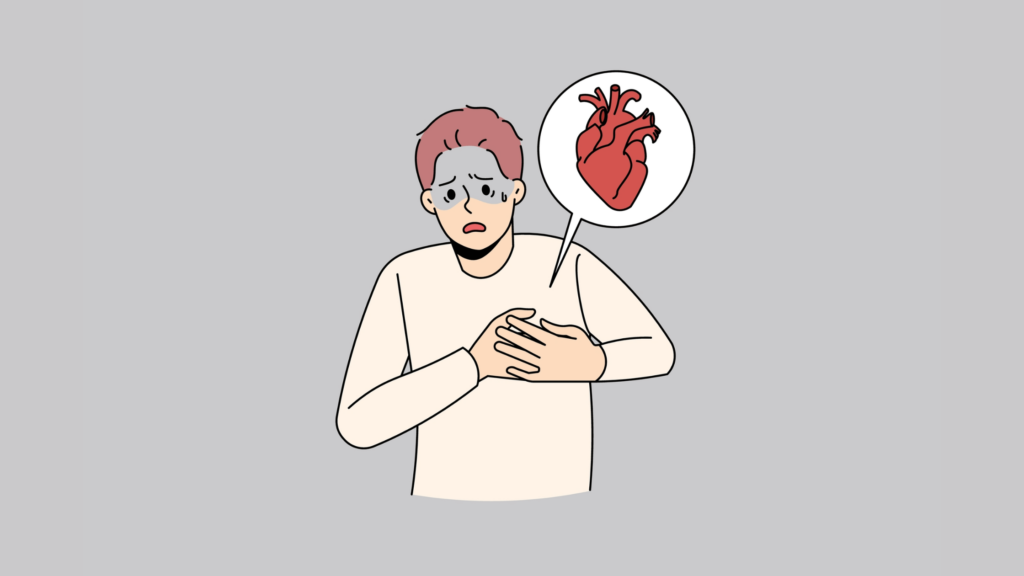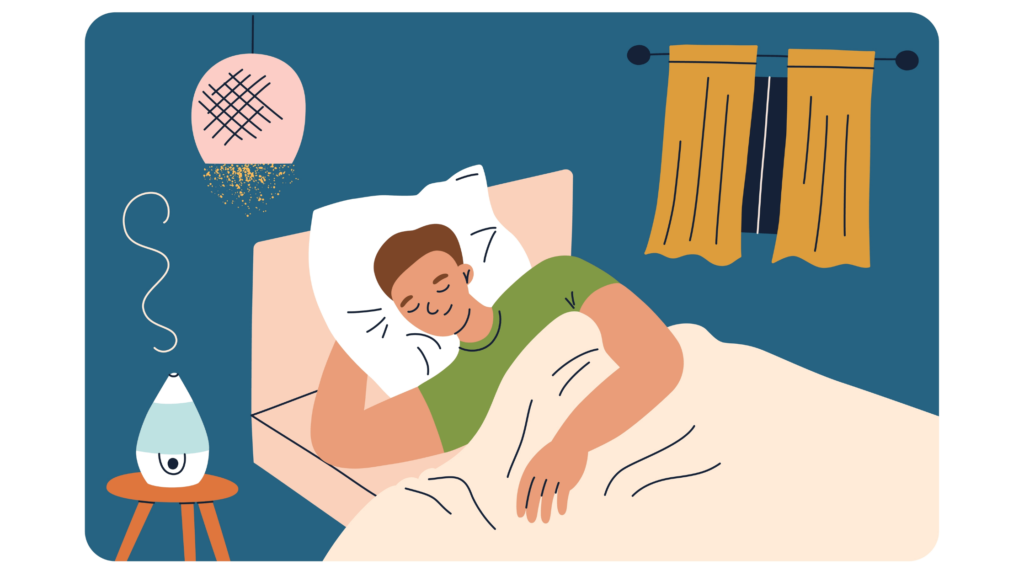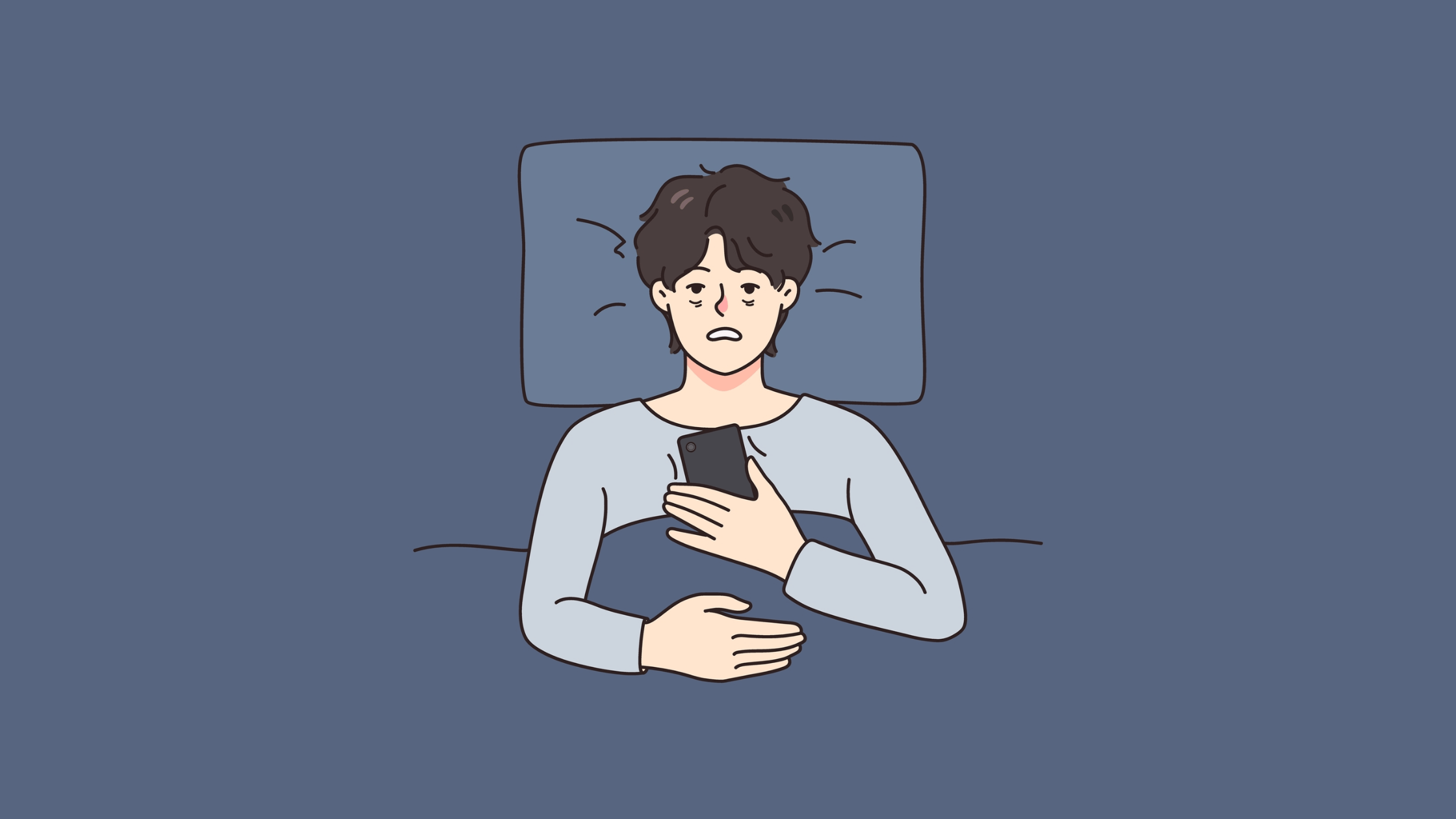When lack of sleep becomes a regular occurrence, it can have serious consequences — especially for those working in physically demanding and high-risk industries like construction. Sleep deprivation doesn’t just leave you groggy; it impacts your mental clarity, mood, and even your safety on the job. In construction, where quick decision-making and alertness are critical, sleep is more than just rest—it’s necessary.
Quick look
- Lack of sleep impacts safety and decision-making, especially in high-risk fields like construction, where alertness and quick reflexes are essential.
- Sleep deprivation leads to slower reaction times, cognitive impairments, mood issues, and even weakened immunity, posing significant safety risks on construction sites.
- Long-term sleep deprivation raises risks for serious health issues like diabetes, cardiovascular diseases, and mental health challenges, all of which can hinder performance and overall well-being.
- Simple lifestyle changes, like consistent sleep routines and a better sleep environment, can improve sleep quality, enhancing both personal health and job performance in demanding roles.
Sleep loss vs. sleep deprivation
It’s easy to confuse sleep loss with sleep deprivation, but there’s a difference. Sleep loss happens occasionally when you miss a few hours here and there, maybe due to a late night or an early morning. While it can make you feel tired the next day, it’s usually something you can recover from with a bit of rest.
Sleep deprivation, on the other hand, is more serious and happens over time when people consistently don’t get enough sleep. Chronic sleep deprivation leads to long-term health risks and reduced work performance. About 13% of work injuries are sustained due to fatigue and sleep issues, a dangerous statistic in industries like construction, where safety is a top priority.
The consequences of sleep deprivation

Chronic sleep deprivation doesn’t just leave you feeling groggy—it has a real impact on your daily functioning, especially in high-risk environments like construction. Workers in this industry rely heavily on sharp thinking, quick reflexes, and physical stamina, all compromised by a lack of sleep. Let’s look at some key ways sleep deprivation can affect your workday.
Daytime sleepiness
One of the most immediate consequences of sleep deprivation is daytime sleepiness. This may seem harmless, but in an industry where heavy machinery and dangerous tools are part of daily operations, even a brief lapse in alertness can lead to accidents. Statistics show that sleep-deprived workers have significantly slower reaction times, putting themselves and their coworkers at risk.
Altered mental function
Sleep is critical for cognitive function. Without it, concentration, problem-solving, and decision-making abilities suffer. This can mean the difference between safely completing a project and making costly, dangerous mistakes in construction. From reading blueprints to handling unexpected challenges, sleep-deprived workers struggle to think clearly, compromising safety and efficiency on the job.
Moodiness
We all get a bit cranky when we’re tired, but chronic sleep deprivation can lead to severe mood swings. Increased irritability affects not only personal well-being but also the working environment. Tense or hostile behavior can cause coworker conflicts, which is particularly harmful in high-stress, team-oriented construction projects. Good teamwork relies on good moods—sleep plays a massive role in that balance.
Suppressed immunity
When you don’t get enough sleep, your body’s ability to fight off infections is weakened. A sleep-deprived worker is more likely to get sick; when they do, they recover more slowly. This leads to more time off the job, which affects individual performance and can delay entire projects. For construction workers, who are often exposed to outdoor conditions and physical strain, staying healthy is essential to maintaining consistent, high-quality work.
The risks of long-term sleep deprivation

While the immediate effects of sleep deprivation can impact daily functioning, the long-term risks are even more concerning. Over time, chronic sleep deprivation can lead to serious health issues that affect both your quality of life and your ability to work.
Diabetes
When your body doesn’t get enough sleep, it affects how insulin is used, leading to insulin resistance over time. This resistance can result in an increased risk of developing type 2 diabetes. People who consistently get less than six hours of sleep per night are more prone to diabetes, as sleep loss disrupts the regulation of blood sugar levels.
Cardiovascular diseases (CVDs)
Your heart needs sleep as much as the rest of your body. Chronic sleep deprivation has been linked to higher rates of hypertension (high blood pressure), heart attacks, and strokes. Sleep helps regulate your heart rate and blood pressure; without it, your cardiovascular system is constantly under stress. Over time, this increases the risk of severe conditions affecting your long-term health and work capacity in demanding jobs like construction.
Mental health issues
It’s no surprise that a lack of sleep can take a toll on mental health. Chronic sleep deprivation has been associated with an increased risk of anxiety, depression, and long-term cognitive impairments. Over time, sleep deprivation can lead to more frequent mood swings, difficulty coping with stress, and a reduced ability to focus or make decisions. For workers in construction, where mental clarity is key, these long-term effects can have serious consequences both on and off the job.
What causes sleep deprivation?
Many underlying factors can disrupt sleep, especially for workers in high-stress, physically demanding jobs like construction.
1. Poor sleep environment
Your sleeping environment plays a significant role in your quality of rest. A room that’s too bright, noisy, or uncomfortable can make falling or staying asleep difficult. Maintaining a proper sleep environment becomes even more important for trades workers with irregular sleeping conditions (such as staying near work sites or resting during the day after night shifts). Factors like room temperature, lighting, and noise levels are crucial to improving sleep quality.
2. Chronic stress
Job stress significantly affects sleep patterns, and the skilled trades are no exception. High-pressure deadlines, physical strain, and safety concerns can cause elevated cortisol levels, the hormone responsible for managing stress. When cortisol levels remain high, it can interfere with the body’s ability to relax, making it difficult to fall or stay asleep. Chronic stress is one of the leading contributors to disturbed sleep cycles.
3. Altered sleep schedules (i.e., shift work)
Shift work, common in construction, is another factor that disrupts sleep. Workers who rotate shifts or have to work overnight experience altered sleep-wake cycles, which can throw off the body’s internal clock. Shift workers often struggle to get enough quality sleep during the day, leading to chronic sleep deprivation.
4. Mental health conditions
Mental health issues like anxiety and depression, which are often exacerbated by high-stress jobs, can significantly interfere with sleep. Workers in the construction industry, dealing with both physical and mental stressors, may be more prone to these conditions, which in turn affect their ability to fall asleep or stay asleep. Studies have shown that individuals suffering from mental health conditions are more likely to experience sleep disturbances, creating a cycle that’s hard to break.
So, how much sleep do you need?
Sleep isn’t just about rest; it’s when your body and brain undergo crucial repair and rejuvenation processes. When you sleep, your muscles recover from the day’s physical strain, your immune system strengthens, and your brain consolidates memories and restores focus.
Most adults need between 7-9 hours of quality sleep each night to function at their best. This range isn’t just a recommendation—it’s essential for cognitive and physical recovery. Getting uninterrupted sleep is especially important for trades workers, whose jobs involve heavy physical labor and constant mental alertness. Consistently getting less than 7 hours of sleep can lead to chronic sleep deprivation, putting your health and job performance at risk.
Tips for improving sleep and preventing sleep deprivation

Good sleep is essential, and by making minor adjustments to your daily habits, you can improve both the quantity and quality of your sleep.
1. Consistent bedtime routine
Establishing a consistent bedtime routine is one of the most effective ways to improve sleep. Going to bed and waking up at the same time every day helps train your body’s internal clock, making it easier to fall asleep and wake up naturally. Consistency is vital to better sleep quality.
2. Curb devices at night
The blue light emitted by smartphones, tablets, and computers can interfere with your body’s production of melatonin, the hormone that regulates sleep. Limiting screen time at least an hour before bed can help you fall asleep faster and enjoy more profound rest. Turning your phone on airplane mode at night can also limit mid-sleep disruptions.
3. Limit caffeine
Caffeine is a stimulant that can stay in your system for hours after consumption. To improve sleep, avoid caffeine in the late afternoon and evening. This will reduce its effect on your ability to fall asleep.
4. Blackout shades
Creating a dark, comfortable environment is essential for quality sleep, especially if you work night shifts. Blackout shades can help block out light, ensuring that you get uninterrupted rest, no matter the time of day. If blackout shades aren’t an option, consider a sleep mask.
5. Room temperature
Keeping your bedroom cool is one of the easiest ways to promote better sleep. A room temperature of around 60-67°F (15-19°C) is ideal for most people to achieve deeper, more restful sleep.
6. White noise machines
It’s not just for babies! White noise can help block out disruptive sounds like traffic or noisy neighbors, which can interfere with sleep. A white noise machine or fan can create a consistent sound environment that helps you fall asleep and stay asleep.
7. Limit alcohol consumption
Although alcohol might make you feel sleepy at first, it disrupts the quality of your sleep. It interferes with your sleep cycle, preventing you from reaching the deeper sleep stages crucial for restoration.
8. Regular exercise
Exercise can improve the quality and duration of sleep. However, it’s best to avoid vigorous physical activity close to bedtime, as it can leave you feeling too energized to fall asleep immediately. If you’re craving a bit of movement before bed, try a leisurely walk, light stretches, or gentle yoga.
9. Manage stress
Chronic stress can make it difficult to fall asleep and stay asleep. Relaxing techniques like meditation, deep breathing exercises, or mindfulness before bed can help reduce stress levels and promote better sleep.
Bottom line
Being well-rested is key to staying safe, healthy, and productive when lives and livelihoods are on the line. Fortunately, improving your sleep quality doesn’t have to involve significant changes. By adopting simple habits, you can significantly improve your rest. These minor lifestyle adjustments can improve well-being, reduce health risks, and enhance job performance. Make sleep a priority—it’s an investment in your health and safety.
Like this and want more? Subscribe to our weekly newsletter for more tips and tricks to improve your health, well-being, and workplace performance.



5 comments